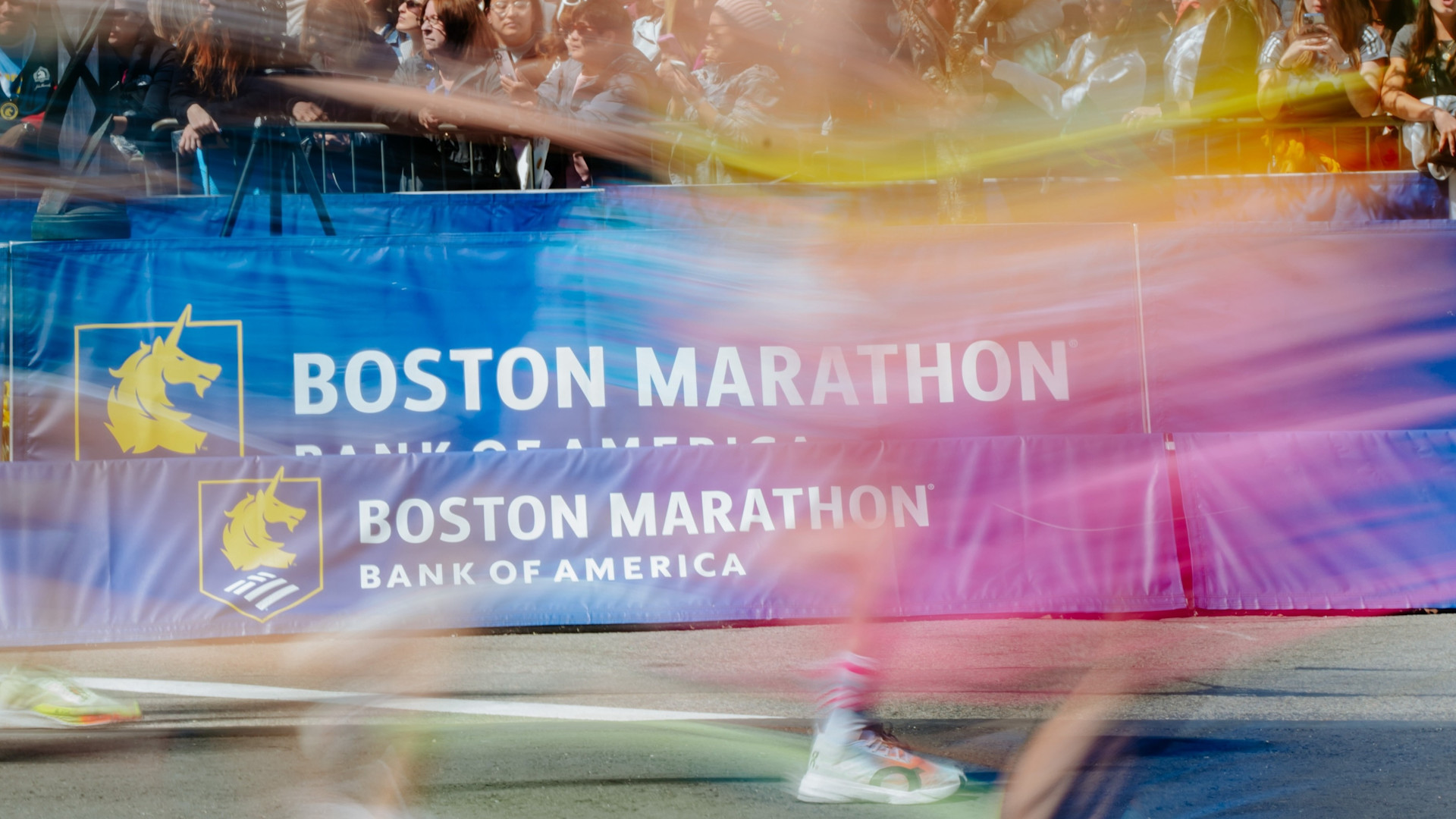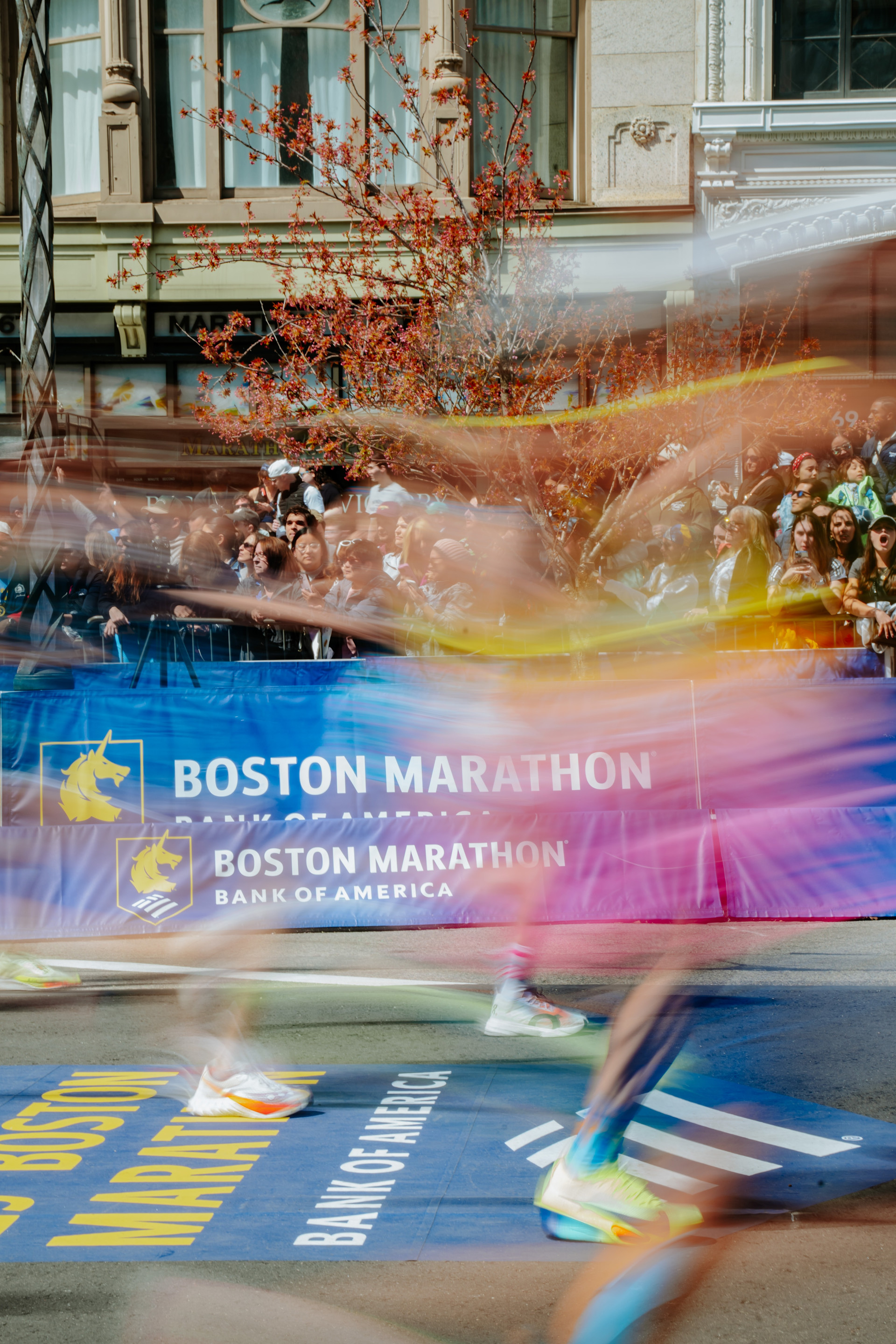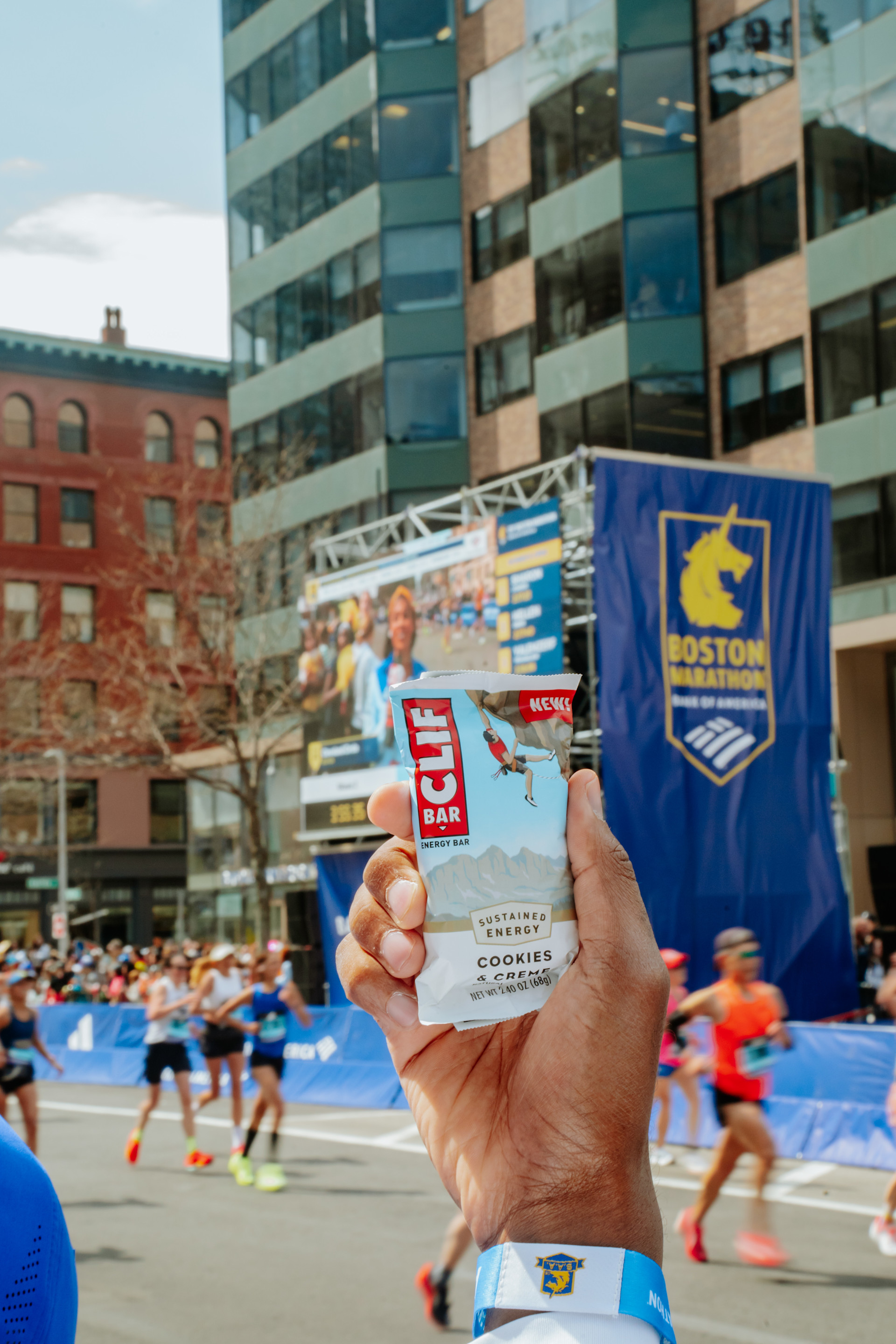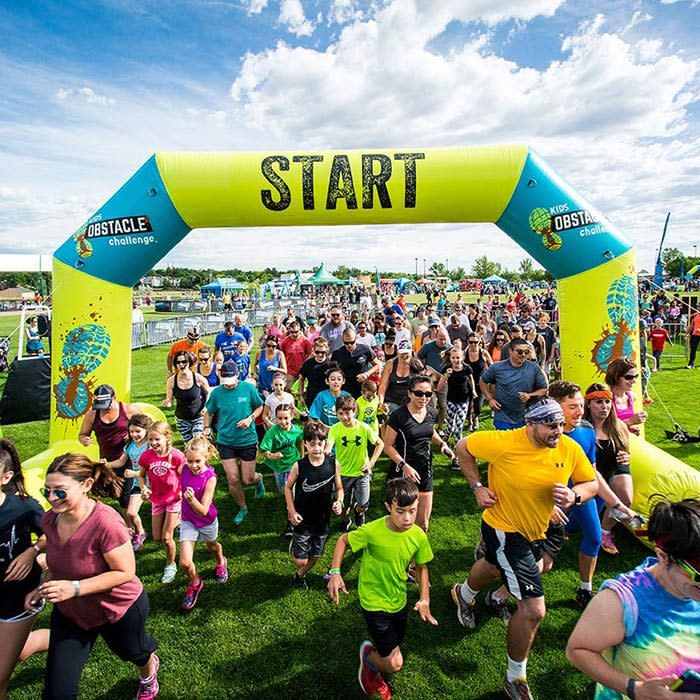The ideas and suggestions written below are provided for general educational purposes only and should not be construed as medical advice or care. The contents of this article are not intended to make health or nutrition claims about our products. Always seek the advice of a physician or other qualified health provider before beginning any physical fitness or health and nutrition related activity.
Marathon training requires dedication, sacrifice, and hard work to perform our best on race day. We run dozens of miles each week, lift weights, and stretch to prepare our body for the big day. But what about our diet? Are we eating the right foods to help maximize our results and enhance our training?
Take your marathon training to the next level by being strategic with your nutrition. With the right combination of foods and fluids, you’ll help your body handle hundreds of miles of running and support your recovery from workout to workout.
Read on for the essential nutrition tips to help crank up your results and reach new heights on race day.
Eat to Train
One of the biggest mistakes people make is beginning marathon training to lose weight. The time to focus on achieving a healthy weight is during periods of less demanding energy needs, not when beginning a marathon training plan.
During marathon training the focus should be on eating in a way that helps support the training. This is a period of demanding energy needs. Trying to cut back for the calorie deficit necessary for weight loss can reduce the effectiveness of the training effort.
On the flip side, over eating is also a common mistake. Energy demands should be met by eating a balanced variety throughout the day and well-timed around workouts. Skimping on energy needs during long runs and throughout the day can lead to overeating (or over rewarding with food) after the training run or at the end of the day.
As you increase your mileage, eat more calories and calories from complex carbohydrates to support your training — for endurance athletes, target roughly 5 – 7g/kg each day.
Improve Your Exercise Nutrition
The more you train, the more important your pre- and post-workout nutrition and hydration becomes. With bigger demands on your body, your body requires more nutrients and fluids to support peak performance and fast recovery. This also prevents hunger during your run, sudden energy drops, and dehydration from sweating.
Here’s examples of what to eat and drink before, during, and after the run:
Before
A few hours before your run, eat foods that contain carbohydrates to charge your batteries. Protein and fats are helpful too, but they take longer to digest.
CLIF BAR Energy Bars are expertly designed for your pre-workout needs. They deliver a blend of carbohydrates like organic rolled oats, fat, and protein to help provide sustained energy.
We recommend fueling up with our bars 1-2 hours before exercise.
During
As you run, get plenty of fluids and electrolytes to help replace what you sweat out. As a starting point, aim for 400 – 800mL per hour, but adjust according to how much you sweat. Also, when you run more than an hour, be sure to fuel up with 30 – 60 grams of simple carbohydrates every hour to help deliver quick energy to muscles working and in motion.
CLIF BLOKS Energy Chews are designed to provide the electrolyte sodium and fast-acting carbohydrates. We recommend consuming water and one packet every hour.
After
You just finished a tough 16-mile training run. Now what?
You have a 30-minute “recovery window” — use this time to enjoy something that has both carbohydrates and protein to help you restore, replenish and rebuild after exercise. It’s most important to take advantage of this “recovery window” if you have another big training day the next day. If you have a rest day tomorrow, don’t worry about sticking within that 30 minutes, but be sure to refuel after your run!
Look for foods or beverages with the electrolyte sodium to help replenish what was lost in sweat, 10-20 grams of complete protein to build and repair muscles and moderate amounts of carbohydrate to restore energy stores.
For example, CLIF BUILDERS Protein Bars were created for those hard workouts. They provide carbohydrates and 20g of plant-based protein with essential amino acids to help repair and build muscle.
Keep Fine Tuning
Every athlete has different needs, so use your long runs to fine-tune your race day nutrition — test which foods, fluids, and sports nutrition products help you feel great and travel well while running. During the Boston Marathon, for example, you’re limited to what you can bring with you; use your training runs to figure out what works best.
Don’t Forget The Rest Days
Your training nutrition doesn’t stop at the finish line: Eat nutritious foods even when you’re not exercising so you can be ready for your next run.
Throughout your off-days, drink water and eat 3 – 4 small meals and 3 small snacks with a mix of protein, carbohydrate, and fat. Rest days can be a great opportunity to challenge yourself to eat primarily nutrient-dense, plant-based foods like: fruits, vegetables, nuts, legumes, and whole grains.
References
American College of Sports Medicine. Exercise and Fluid Replacement: Position Stand. 2007
Phillips, S.M., & Van Loon L,J. (2011) Dietary protein for athletes: from requirements to optimum adaptation .J Sports Sci., 29, S29-38.
Thomas D., Erdman K., & Burke L. (2016) American College of Sports Medicine Joint Position Statement. Nutrition and Athletic Performance. Medicine & Science in Sports & Exercise 48, 543-568.






